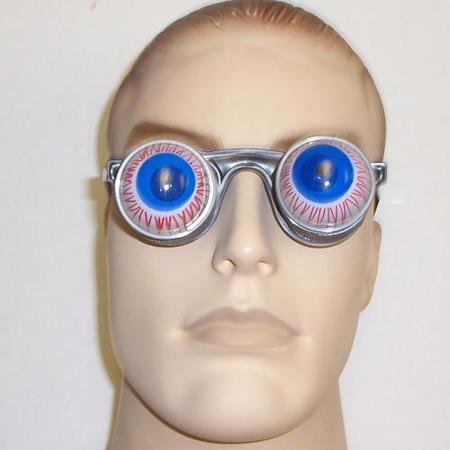| Opinions, perceptions and intuition | 2009-10-25 17:04 11 comments |
 by Flemming Funch by Flemming FunchIt is a good thing that many people have keen perceptions of the material world around us. I mean, that you can experience something and be pretty sure what you experienced and that it really is there. It allows for developing mental models that are calibrated with the material world, e.g. science, and thus to get very consistent results to certain very consistent actions. You'd probably want a surgeon to have very keen perceptions. But many otherwise pleasant people are not good at distinguishing between perceptions and opinions. I.e. they don't quite know the difference between knowing something because you've observed it and verified it, or because you hallucinated it. An opinion based on an emotional reaction is a lousy source of knowledge compared to perception or measurement. Folks who use guessing as their method of knowing stuff or making decisions can probably be perfectly adequate in many professions, but not in the ones where it is important to get things right, such as engineers or pilots. Then again, keen perceptions and an absence of hallucination is not quite enough. You wouldn't want to be a passenger in a car driven by somebody who only goes by what they see and hear. You certainly shouldn't let such a person ride a motorcycle, as they'd probably not survive more than a few weeks. What would be missing would be the kind of intuition one has when one has mastered a skill. Where you somehow predict that a car is about to turn in front of you, despite that there's nothing visually that gives it away. Where sub-conscious or extra-sensory cues tell you something useful, despite you not knowing exactly how. I suppose I'm thinking about this because I'm trying to convert parts of my life from being based on emotions, opinions and hallucinations to being based on something more real. Oh, I have very sharp perceptions in some areas, and super-human intuition in others, but in fields like finance, business, marketing, or even in "work" in general, I have more difficulty than I ought to have. Blindly making dumb decisions and failing to learn what works, even when frequently exposed to success. A good start is to be able to recognize when there's something one doesn't know, and to then go and learn it. |